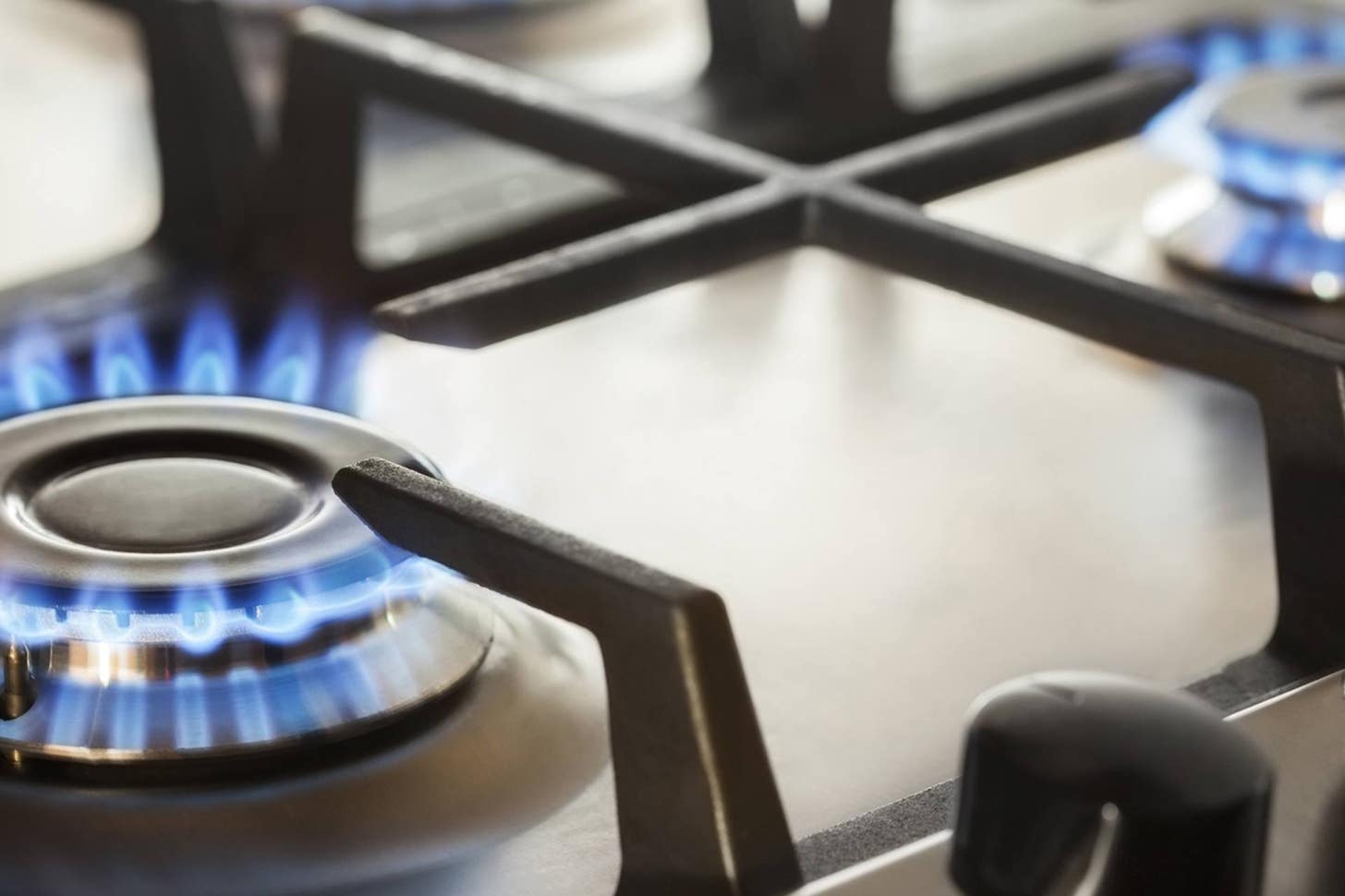
How to Become a Gas Safety Engineer
How to Become a Gas Safety Engineer
If you want an interesting career which challenges your practical and problem-solving skills, then becoming a gas safety engineer could be for you! Helping clients with their gas appliances and heating problems can have great benefits; from the feeling of achievement you get when you’ve solved an issue to the financial rewards once you have some experience under your belt. Read on to find out how to break into this field!
What is a Gas Safety Engineer?
As a gas safety engineer, you will be assisting clients by installing, servicing and repairing gas and heating appliances in domestic homes and/or for businesses.
You will learn how to install and repair a variety of heating and gas appliances such as boilers, central heating systems, gas fires and cookers, as well as how to carry out risk assessments and advise clients on following health and safety regulations.
Gas safety engineers work often work independently, meaning that you will be given clients to visit but will visit them and work within a flexible time frame independently
What Qualifications Do I Need to Become a Gas Safety Engineer?
Gas safety engineers are part of the health and safety careers which require you to be part of an official register. Once you’ve completed a recognised gas safety certificate (and have gained some experience through either work or an apprenticeship), you will need to sign up for the official gas safe register and then be given a gas safety ID card; meaning you can work as a qualified gas safety engineer.
In order to become a gas safety engineer, you first need to complete a recognised gas safety course. Gaining a Diploma or NVQ in Domestic Gas Installation, for example, will mean you are ready to start your career in gas safety (after of course, signing up to the register) or completing an ACS (nationally accredited certification scheme).
Here at CoursesOnline, you can also complete an International Certificate in Oil and Gas Safety, which is certified by the awarding body NEBOSH; one of the leading authorities in healthy and safety. Once you complete the certificate, you will not only have a highly prestigious certificate which is recognised by (and often required) by employers; but your certificate will be internationally recognised, so you aren’t restricted no matter where you venture to in life.
Skill Set Required for a Gas Safety Engineer
As this is a highly technical job that will have you bear a lot of responsibility, you’ll need to possess the following:
Problem-solving skills
Good time management
Numeracy skills
Knowledge of science, e.g. physics and chemistry
Great practical skills and knowledge of tools & appliances
Attention to detail
What Does a Gas Safety Engineer Do?
As a gas safety engineer, you are responsible for ensuring that your clients’ appliances are safe and in good working order. It is therefore essential to have a good eye for detail and to be on the ball during the working day, as you have the health and safety of your clients in your hands.
Typical Duties for a Gas Safety Engineer
Working a gas safety engineer has both a technical and a social component to it. Not only will you have to know your facts and working knowledge but you’ll also need to be able to communicate effectively with people when commissioned to do a job. Some specific duties involve:
Popular Career Pathways for Gas Safety Engineers
In order to ensure that you can progress in this field, you’ll need to gather a lot of experience working as a gas safety engineer first. With time and as people start becoming aware of your value and expertise, you’ll very likely be given the opportunity to progress into more senior, managerial roles.
Some companies may urge you to specialise further and encourage you to do courses and gain more qualifications. This will have a positive effect on your salary and career prospects as a whole.

